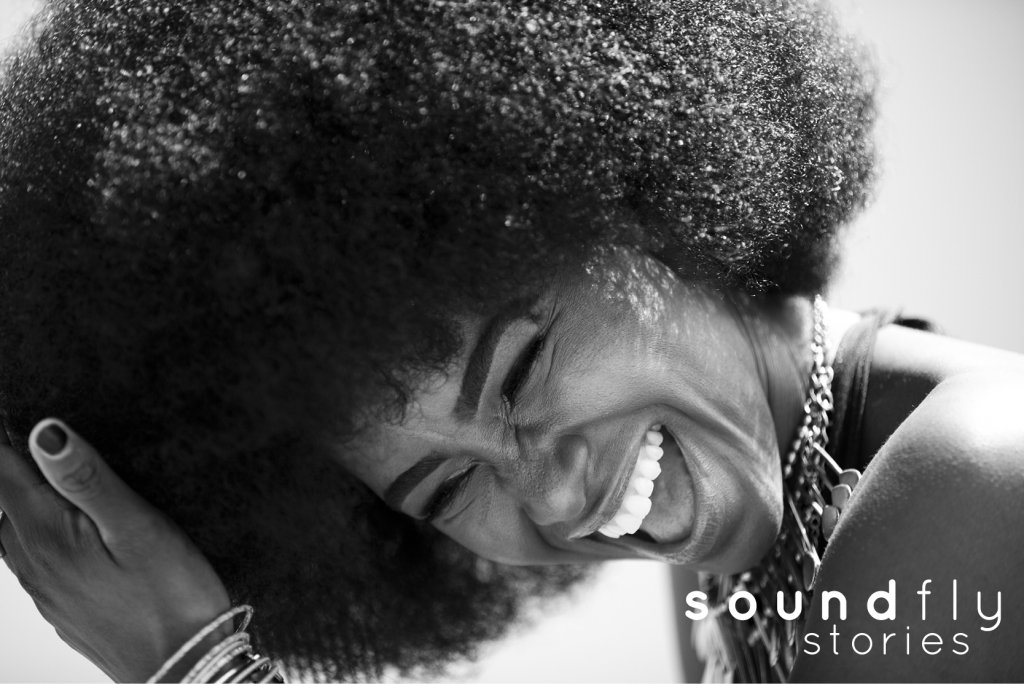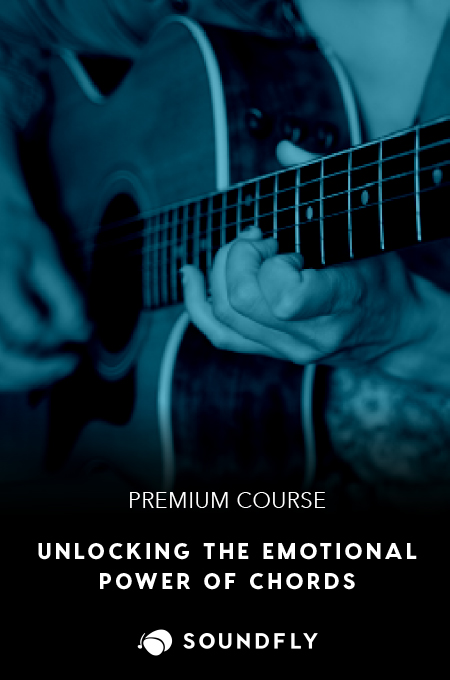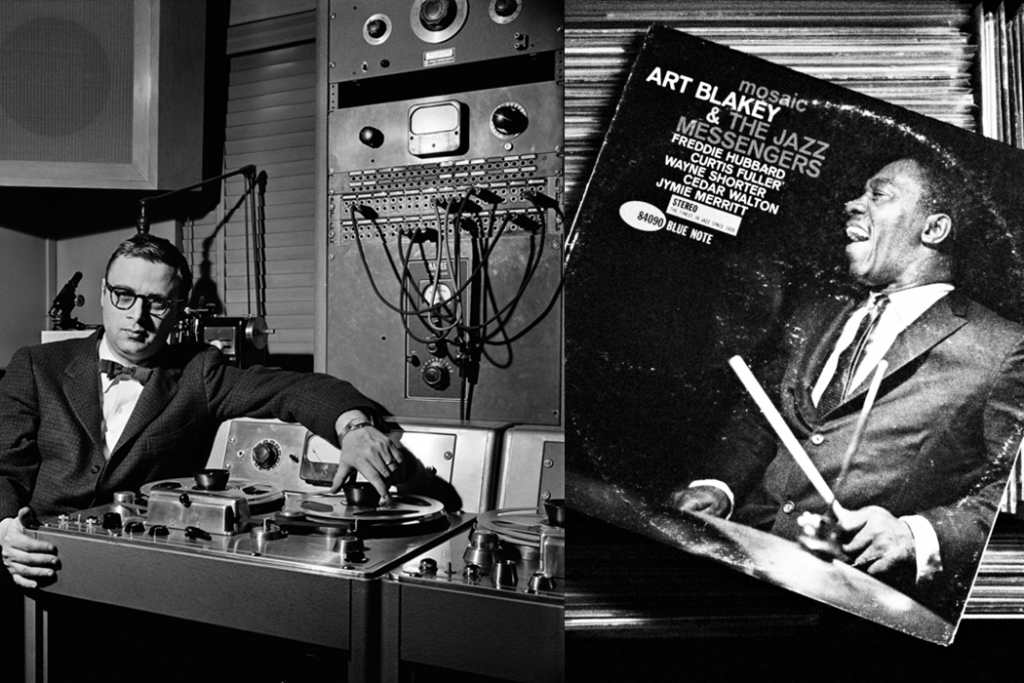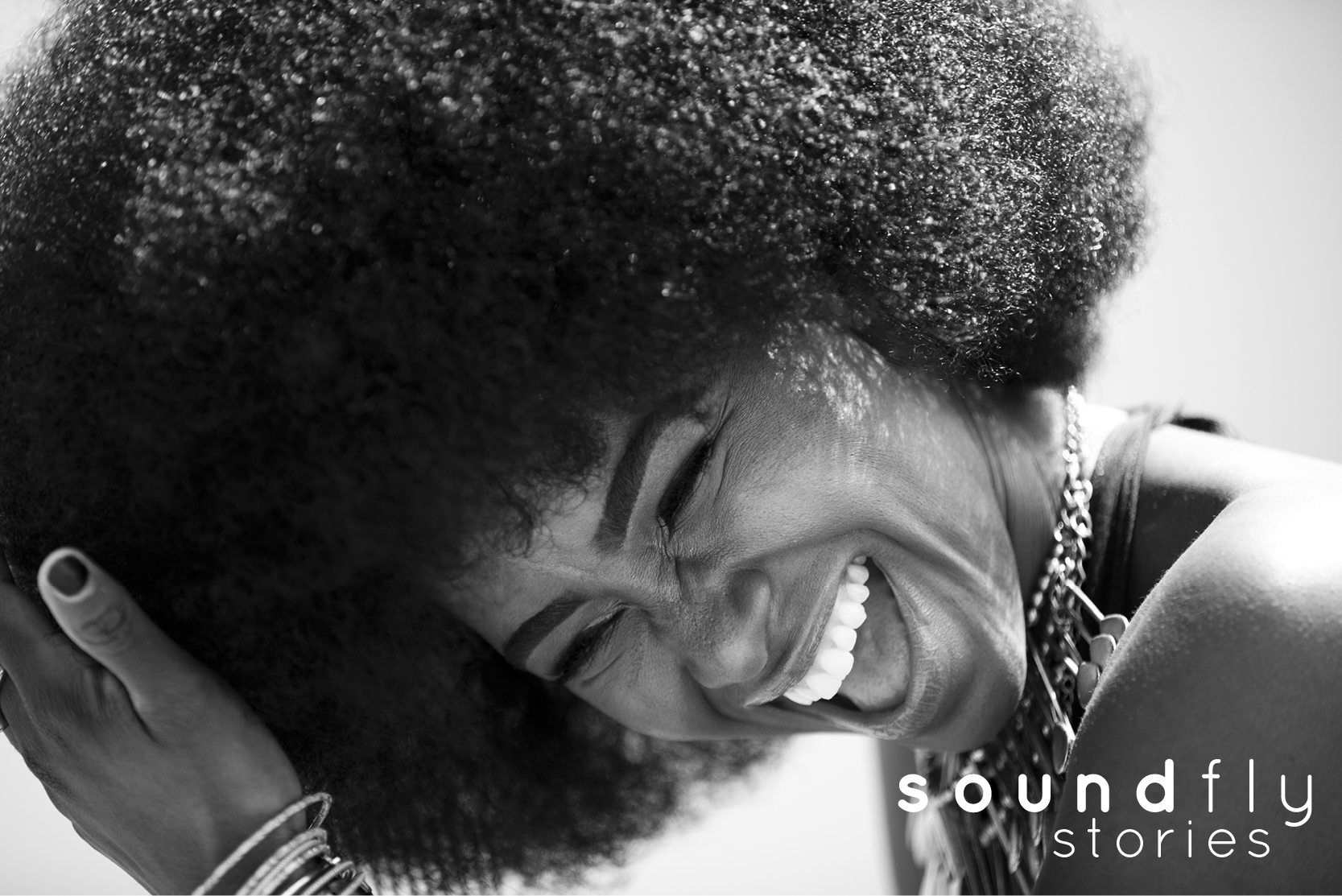
Photo credit: Conor Doherty
On stage, Shea Rose is breathtakingly talented and charmingly charismatic. She exudes power and confidence through a presence that somehow radiates both comfortable ease and careful coordination. Offstage, she is easy to talk to and surprisingly humble—especially when you consider some of her achievements. From being a spokesmodel for CoverGirl to opening for Macy Gray, performing on a Grammy-winning album to playing the Steppin’ Out Gala alongside Take 6 and Gladys Knight, it’s no wonder TEDxBeaconStreet enlisted her to share her wisdom. I caught up with Shea recently to hear more about finding her voice, working on a new album, and her initiative, My Angel Wears a Fro, a movement that uses music as a tool for social change. Shea’s unique perspective on the music industry led to a pretty thought-provoking conversation.
How did you prepare for your TEDx Talk?
The organizers of TEDxBeaconStreet were very supportive. Once I decided I was going to present a personal story, I narrowed my topic down to my voice. I was assigned mentors to help me work through my talk. As we got closer to presenting, the organizers curated audiences for us to practice in front of before the main event. I received positive feedback and critiques that made my talk stronger and my message clearer.
What made you pick that specific topic?
The voice and music were what I felt most comfortable talking about, specifically my own vocal experiences. But the talk wasn’t just about my musical voice, it was about my “everyday” voice and I felt non-singers could relate to that, too. I know many people who struggle with finding their voice in their personal relationships, home life and career, and in my talk I bridged that gap between the voice and self-acceptance.
When did you decide you wanted to make music more than a hobby?
I’m still learning what a successful career as an unsigned artist in the music industry looks like. This year I’m turning my creative vision into a business venture. I have a great team that I’m working with now and my goal is to have a long, successful and balanced career.
Can you tell me more about “My Angel Wears a Fro” and how it came to be?
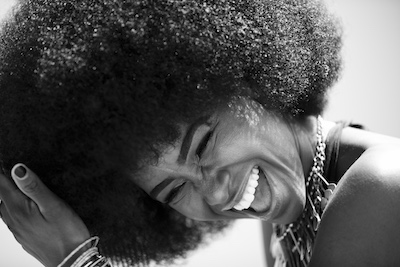
In my sixth or seventh semester at Berklee, I was thinking about dropping out. I got this email from the Office of Community Affairs and Campus Engagement saying they were looking for a student to be the liaison between the college and charity organizations. I applied and got the job. That was a revelation for me—music is actually about giving back to the community and working with people, sharing knowledge… not just my own selfish desire to be the next superstar! “My Angel Wears a Fro” was coined by a woman from an organization called One Brown Girl. I did a show and donated all the proceeds to them and she wrote a blog about my contribution and titled it, “My Angel Wear a Fro”.
You’ve done so many cool things.
It’s all been really exciting! Winning a Boston Music Award was pretty cool. It was the first time I felt like the Boston community acknowledged what I was doing outside of college. I think the TEDx Talk was awesome too! Traveling to Cuba with a Berklee program was amazing, and being on a Grammy-winning album was unexpected. Admittedly, sometimes I’m working so hard that these accomplishments don’t sink in all the way. This year, I’m learning to be present and truly appreciate these beautiful moments.
What experiences and which artists have influenced you?
I would definitely say the CoverGirl opportunity with Queen Latifah was the moment when I started to question where I wanted to fit into the industry. We had the opportunity to go to the BET Awards that year and present with her on stage. It was myself and four other girls who won. We were just sitting there like flies on the wall watching it all happen—people getting prepared for the Awards, seeing Esperanza Spalding rehearse before the event, even just seeing how people’s handlers were interacting with other people… it was a lot to take in. At the same time, here’s Queen Latifah, she’s this rapper turned Oscar-nominated actress, philanthropist, CoverGirl spokesmodel. I started to see how far-reaching a music career can be. She has the respect of her peers, has earned her place in the industry, and now she’s able to do other things.
You have so many causes that are close to your heart. How does music fit into that?
Music is a powerful vehicle that can build community and influence social and political change. It is a universal language and when harnessed in a positive way, it unites us all.
Do you believe “everyone is an artist”?
Yes I do.
What do you think people need to do to unlock that?
To overcome their fear. The fear of rejection, expression and self-acceptance… maybe even the fear of being great. I think about fear as it relates to the voice. A lot of people hate the sound of their voice. It literally makes them cringe. But it’s your voice, right? It resonates from your body and it sounds like you. It’s you! I think that’s the first key to unlocking your artistry.
You have such a supportive fan base. What have you done to cultivate that?
Hearing you say that is funny. I’ve been working on social media and it’s always “you don’t have enough fans, you don’t have enough likes, you don’t have enough retweets.” It’s crazy that we’re measuring ourselves, our worth, and art this way! There are people who resonate with what I’m doing, people who have followed my journey. Even when I was doing the first album, “Little Warrior,” which was more hip-hop influenced, edgy and “radio ready,” they could see there was more to my story, so they’ve been watching, following and walking beside me. I’m grateful to them for sticking with me.
Where do you find your mind going when you’re on stage? What are you thinking about?
It depends on the moment I guess. If I’m really locked in, I’m not thinking at all. There are moments when I think, “Why am I doing this?” What crazy person decides, “I’m gonna spend my life on stage performing and moving around experiencing my freedom in front of a room full of people”?
What do you think makes you a great front person?
You know, I was watching this beautiful interview with Nina Simone and she said something like, “It’s just my calling. It’s what I’m doing. It’s what I do.” When I’m not overthinking it, I feel really comfortable. It’s what I’m supposed to be doing and where I’m supposed to be. That kind of confidence and vision makes a great performer!
You get to work with your brother a lot, which is awesome. Are there other musicians in your family who have influenced you?
My grandfather played jazz and he also graduated from Berklee. My dad played bass when he was growing up, and my mom… she doesn’t realize how well she’s holding pitch, which is interesting you know? She just does it.
If you could go back in time and be a part of any musical event, what would it be?
That’s a good question. Okay, so there’s this clip where James Brown called up Michael and Prince, and Prince was just weird. It was an outrageous and frenetic moment… Prince took his shirt off, and he took someone’s guitar and it was hanging way past his knees… it was so awkward, yet exciting and epic. I would have loved to be there.
[Editor’s note: If you don’t know the video Shea’s talking about, check it out here. It is incredible!]What’s the best piece of advice you’ve ever received?
I don’t know where he got it from, but my second semester at Berklee, there was a songwriting professor named Henry Gaffney. I took one of his classes and we connected immediately. And then I didn’t see him for a while and I found out he had cancer and had passed away. One thing that he said in class, and I have it in a notebook somewhere, is, “to ask for approval is to seek denial.” If you’re really into what you’re doing with your art, with your songwriting, then you’re doing it. You’re living in that moment and everyone’s there with you. You don’t need an extra pat on the back.
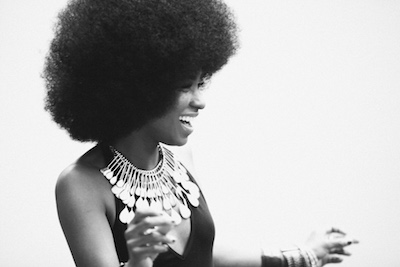
What performance has stood out the most for you?
The band and I have had some really good shows and they’re actually getting better.
Performing in Calderwood Hall at The Isabella Stewart Gardner Museum last year was incredible. Opening for Ryan Leslie at The Sinclair (Cambridge, MA) was also a really cool show.
What do you think makes a good band leader?
Being patient. Acknowledging that everyone has strengths and weaknesses and being compassionate to those. Once you say “I want you to be a part of what I’m doing” to someone, be confident that they are going to be able to produce and don’t second guess them or make them feel inadequate or like you don’t trust them.
What are you most excited about in 2015?
I’m looking forward to [my new record] Dance This Mess Around. I’m working with an incredible team to help me release and distribute the EP. We are doing the treatment for the music video now. It’s going to be incredible!
What other projects are you currently a part of?
I’m working on a song and music video with Rhythm of the Universe and the Amazon Aid Foundation to raise awareness around deforestation and gold mining in the Amazon Rainforest. Throughout the songwriting process, I learned about the environmental devastation and corruption affecting the rainforest. It’s a powerful song and message that will help people take practical steps to help the Amazon.
Is there anything you’d like to say in closing?
“My Angel Wears a Fro” is actually is having a huge ramp up. We’re doing some partnerships with the Boys and Girls Club and ABCD (Action Boston Community Development). I’ve partnered with ABCD’s Safer is S.E.X.Y. program using my concerts as a platform to spread awareness about HIV/AIDS prevention.
Keep up with the latest from Shea:
